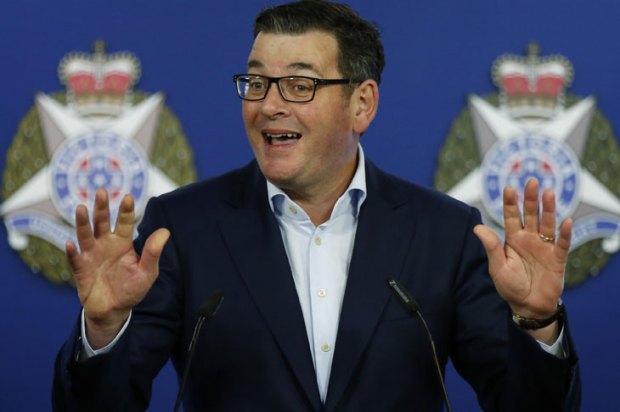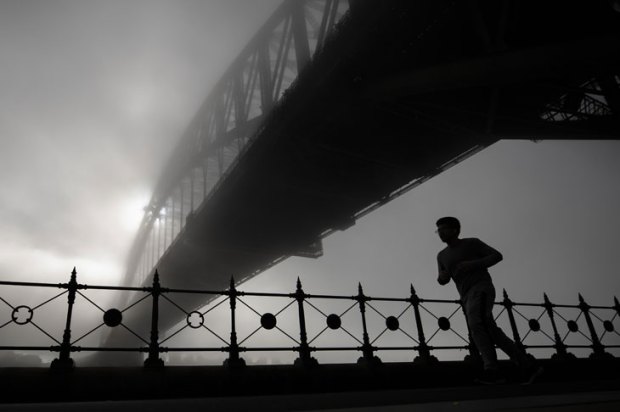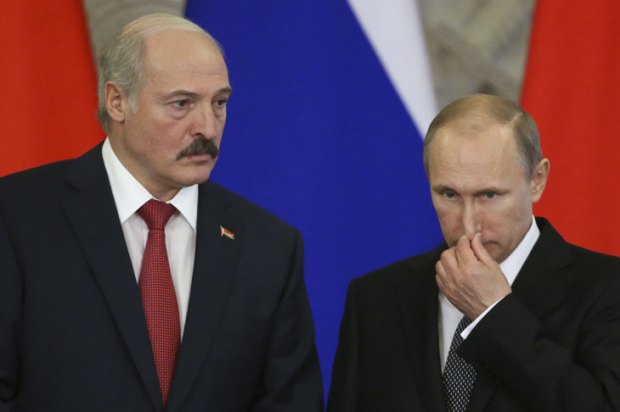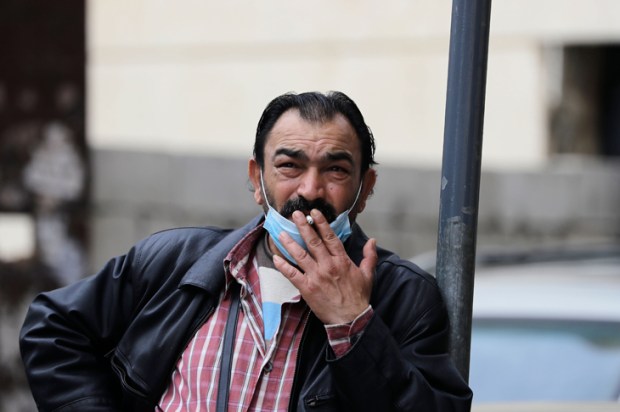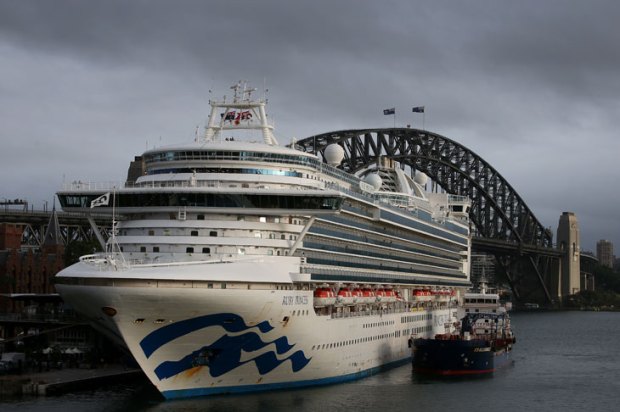Crosses may have huge symbolic significance for Christians but the physical reality of crucifixion is something most of us only contemplate – if we contemplate it all – for a few days each year. The bearded burghers of Islamic State, on the other hand, have made this grisly ancient practice an integral part of their judicial process, endorsing hundreds of public crucifixions over the past two years according to the UN. In one instance two teenagers were crucified for eating at the wrong time during Ramadan. A bit harsh, you might think, but who knows what they were eating. Hot cross buns, perhaps?
From a jihadi perspective the downside of crucifixions – beyond the fact that decent timber is hard to come by in semi-desert landscapes – is that they are very work intensive and only kill one person at a time. Hardly surprising, then, that bombs in public places are still the MO of choice for Daesh’s European franchise. Malcolm Turnbull is right to condemn the Brussels attacks, but I am not sure why he and other politicians describe such crimes as cowardly. There is nothing heroic about dismembering women and children, but it takes a certain sang-froid to include yourself in the carnage, and I doubt if the hunt for the perps will be brought to a speedier conclusion if Belgian police are told to narrow their focus to Muslims of a conspicuously timid disposition. Accusations of cowardice by Western leaders also invite awkward comparisons. Who is braver, after all: the woman who walks into a crowd of what she considers to be her enemies and blows herself up, or the man who fires a missile from an air-conditioned bunker 15,000 km away?
And self-sacrifice is, historically, a Christian virtue. ‘Greater love hath no man than this,’ the apostle John told us, ‘that he lays down his life for his friends.’ Up until twenty years ago this was indeed considered a noble sentiment: post 9/11 it sends shivers down spines. Not mine, though. Ad tragic that I am I can never hear that particular text without remembering the Australian print ad which used it as a headline but replaced the word ‘life’ with the words ‘St Henri’s port’.
There is nothing selfless about the courage of suicide bombers, of course, their fear of the moment of death being eclipsed by the eternity of pleasure which they believe lies immediately beyond it. Those who maintain that violent Islamism has nothing to do with religion (which bit of ‘Allahu-akbar’ do they need help with?) but is the product of youthful disenfranchisement might reflect on the fact that every society has angry, unemployed teens, but very few of them feel the need to top themselves. That Daesh finds it so easy to recruit teenage boys must surely have something to do with Islam being the only religion which dangles the carrot of unbridled sexual gratification in the next life– something not many pimply madrassa lads can look forward to in this one.
If you watched your children enjoying egg hunts last weekend spare a thought for kids in Queensland, where all such searches proved fruitless because the Easter Bunny is banned there. Who knew it was illegal to have a rabbit in Queensland? The only reason I do is that I read about a woman in Springwood who failed to convince police officers that her pet Giant Flemish rabbit was a guinea pig. Having seen pictures of the animal in question I can’t help thinking she would have had more chance passing it off as a Shetland pony. Another reason, then, for being grateful that it was the poms who settled Australia. If those first fleeters had been Flemish our rabbit proof fence really would be visible from space.
Easter has a special resonance for the Irish, the Easter Rising of 1916 considered a defining event in the formation of that nation. Last week’s Speccie reviewed an exhibition devoted to it, and I wonder if I am the only Australian reader whose eye was caught by a detail of the accompanying photograph. I’d always pictured the nascent IRA as a scruffy, rag-taggle mob, but these men are all in uniform and – more surprisingly – wearing the slouch hats I’d always thought were uniquely Australian. ‘What rough beast, it’s hour come round at last/Slouches towards Bethelem to be born’ run the haunting last lines of the sonnet WB Yeats wrote about the Easter Rising. Coincidence?
Got something to add? Join the discussion and comment below.
You might disagree with half of it, but you’ll enjoy reading all of it. Try your first month for free, then just $2 a week for the remainder of your first year.



